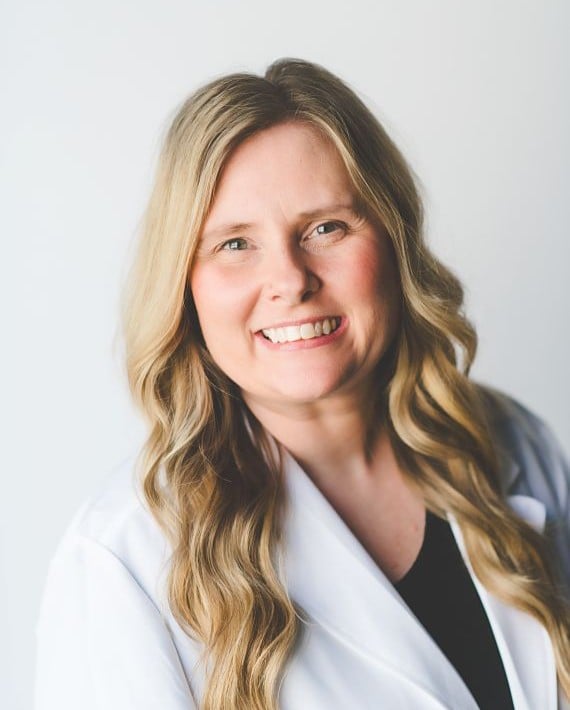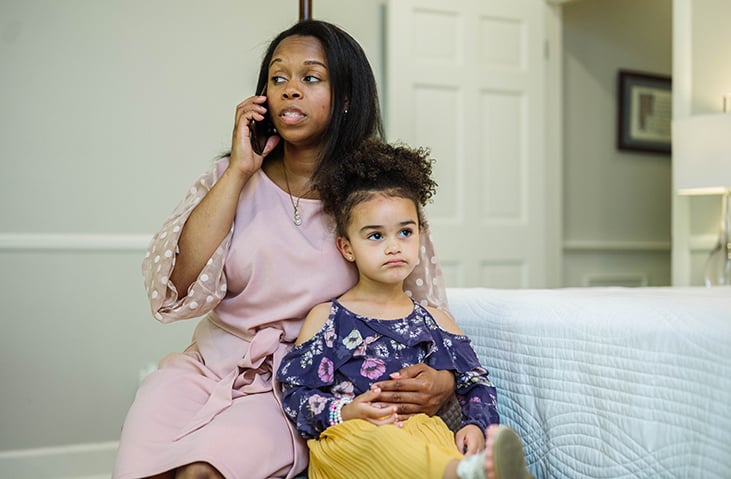



Summary
While some risk factors for stroke are the same for both women and men, unfortunately females carry additional risks.
Strokes are the leading cause of morbidity in the United States and the fifth leading cause of death. Of these, 57% occur in women.
Cause for Concern
Strokes are the third leading cause of death in females. More than 90,000 women in America die each year from strokes. Among women 55-75, one in five will have a stroke during their lifetime. African American females are at highest risk.
Types of Stroke
There are two categories of strokes, ischemic and hemorrhagic.
- An ischemic stroke is related to a blood clot and constitutes about 85% of all strokes.
- A hemorrhagic stroke involves blood leaking out of a vessel and accounts for approximately 15% of all strokes.
Symptoms
Symptoms of a stroke can vary but are generally the same in females and males. Some of these symptoms can include:
- Weakness on one side of the body (face, arm, or leg)
- Facial drooping
- Numbness or tingling
- Nausea
- Headache
- Difficulty getting your words out
- Difficulty understanding what people are saying
- Slurred speech
- Changes in vision
- Incoordination
- Confusion
Risk Factors
While some risk factors are the same for both women and men, unfortunately females have more risk factors.
Hormones can play a role, making women more vulnerable to stroke. The risk for strokes is greater for women who have high blood pressure during pregnancy and childbirth, with the highest risk being in the third trimester and post-partum period.
Women who take oral contraceptives and females who take hormone replacement therapy are also at higher risk.
The incidence of stroke is higher in women who have migraines with aura and two times worse for women who have migraines with aura and smoke cigarettes or use tobacco products.
Other stroke risk factors include:
- Uncontrolled high blood pressure
- Uncontrolled diabetes
- Atrial fibrillation
- Obesity
- Smoking
- Excessive alcohol intake
- Bleeding disorders
Take Action
If you see someone that you think is having a stroke or if you feel that you are having a stroke, call 911 immediately. Time is brain!
There is a specific window of opportunity for intervention, and you don’t want to miss that. If you seek treatment within 4.5 hours of the symptoms starting, an intervention with IV medication may be an option. If you seek treatment within the first 24 hours and meet certain criteria, a procedure could possibly be performed.
An Ounce of Prevention
You can take steps to prevent a stroke:
- Yearly check-ups to monitor your cholesterol and blood sugar
- Check your blood pressure at home regularly
- Exercise at least 30 minutes five times a week
- Decrease alcohol intake
- Quit smoking or using tobacco products.
If you need help, don’t hesitate to ask a family member, friend or your primary care provider—you are worth it!
You can’t take care of other people ff you aren’t taking care of yourself.


Kellie Jo Thornton, ACNP
Kellie Jo Thornton, ACNP, is a nurse practitioner neurology hospitalist with North Mississippi Medical Center and does telehealth neurology consults for Neurology Consultants of North Mississippi. She earned her associate degree in nursing from Northeast Mississippi Community College and a bachelor’s degree in nursing from Mississippi University for Women. She completed her master’s degree in nursing and Adult Gerontology Acute Care Nurse Practitioner training at the University of Alabama-Birmingham in 2015. Kellie Jo enjoys working with ischemic stroke patients as well as patients who have seizures. Outside of work she enjoys reading books, watching movies with her children, studying the Bible and watching football games.
Our specialists focus on pain management, minimally invasive procedures, rehabilitation and non-surgical treatment options to help you recover quickly, so you can get back to living life to the fullest.

Subscribe to Our Newsletter
Like this content and want to get more? Sign up for True North, the health and wellness newsletter from North Mississippi Health Services!

Subscribe to Our Newsletter
Like this content and want to get more? Sign up for True North, the health and wellness newsletter from North Mississippi Health Services!

Nurse Link®
Not sure if you need Urgent Care or the ER? Call 1-800-882-6274 anytime to speak directly to a registered nurse and get immediate answers. Using computerized medical protocols, nurses direct callers to the most appropriate treatment. Our nurses are available 24 hours per day, seven days per week.